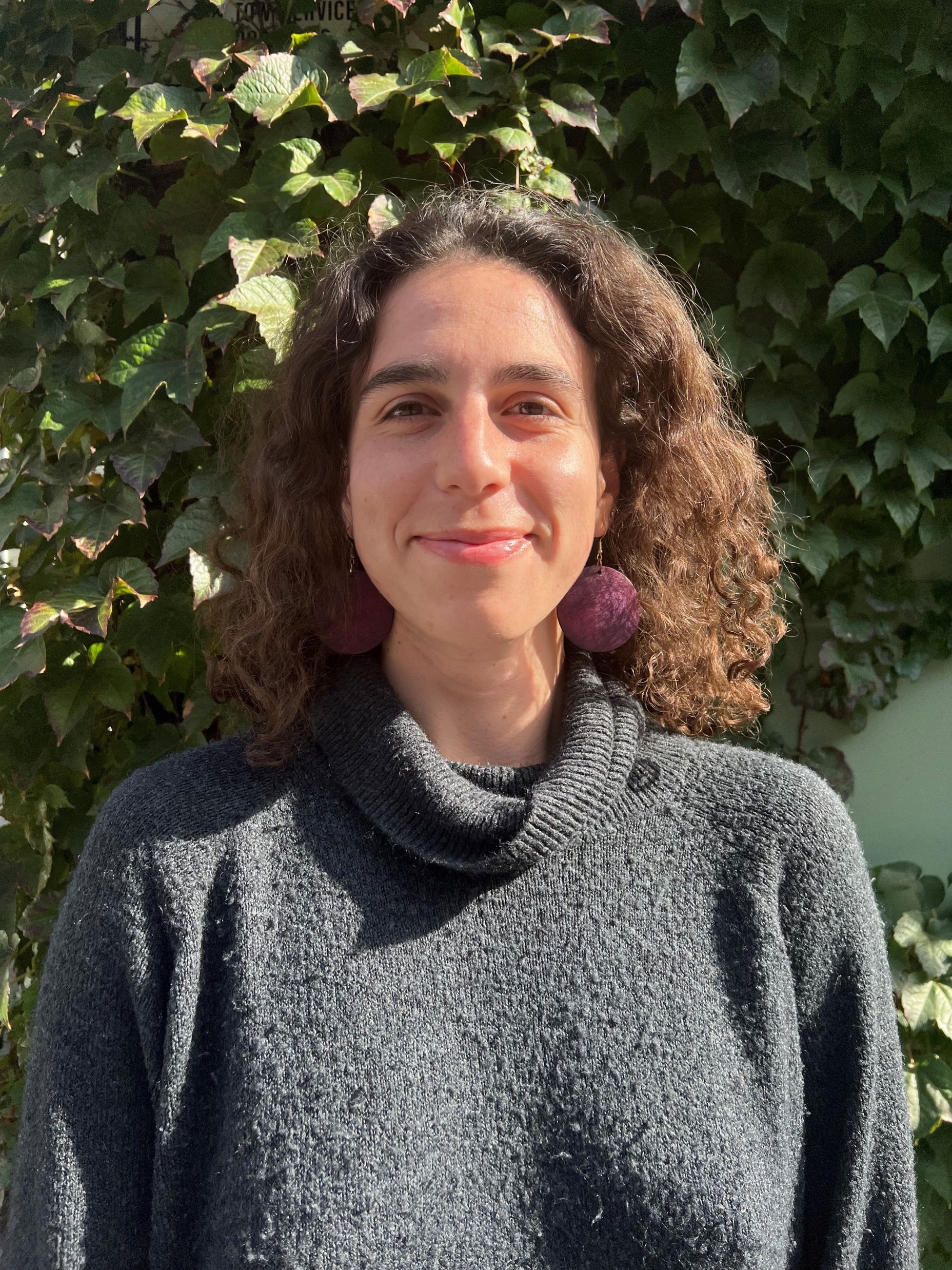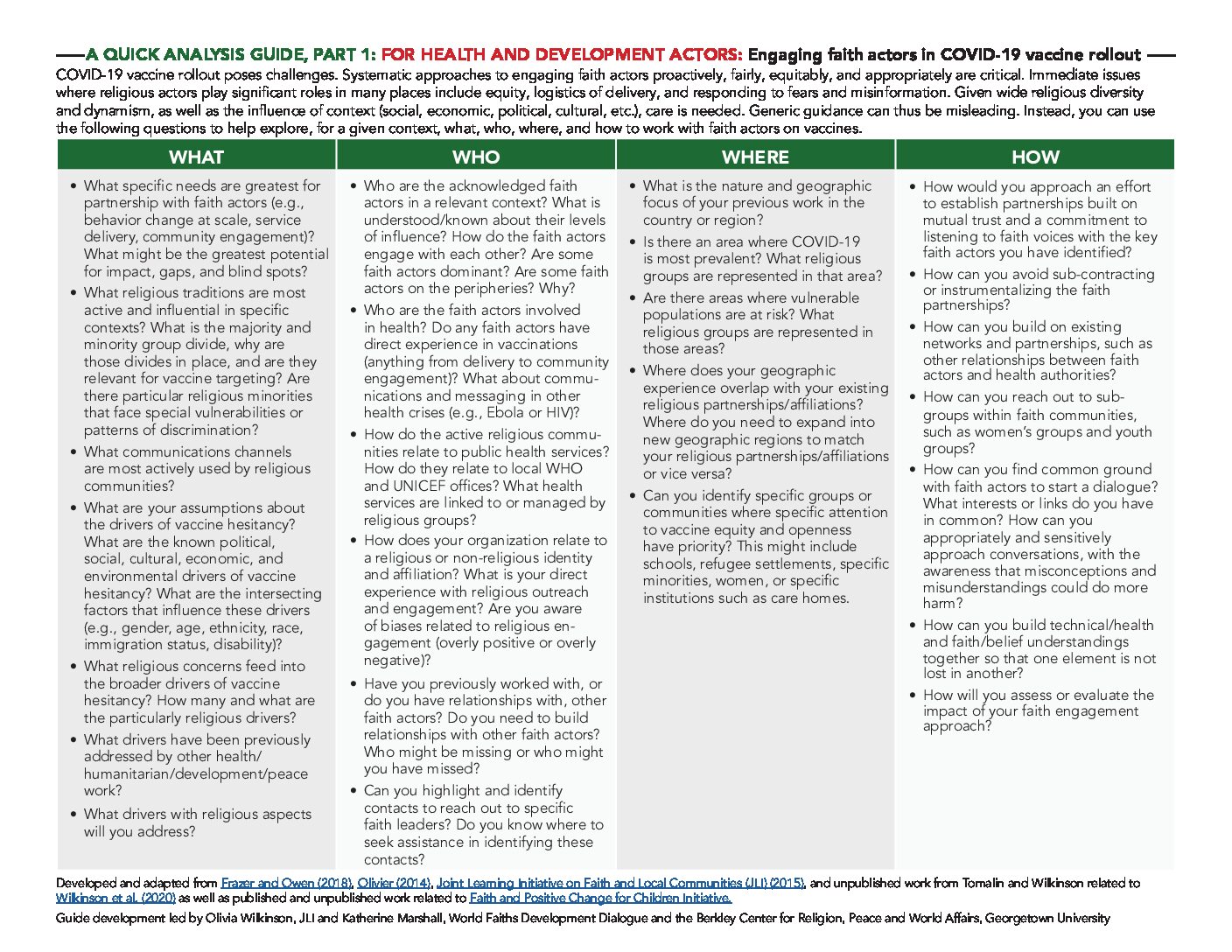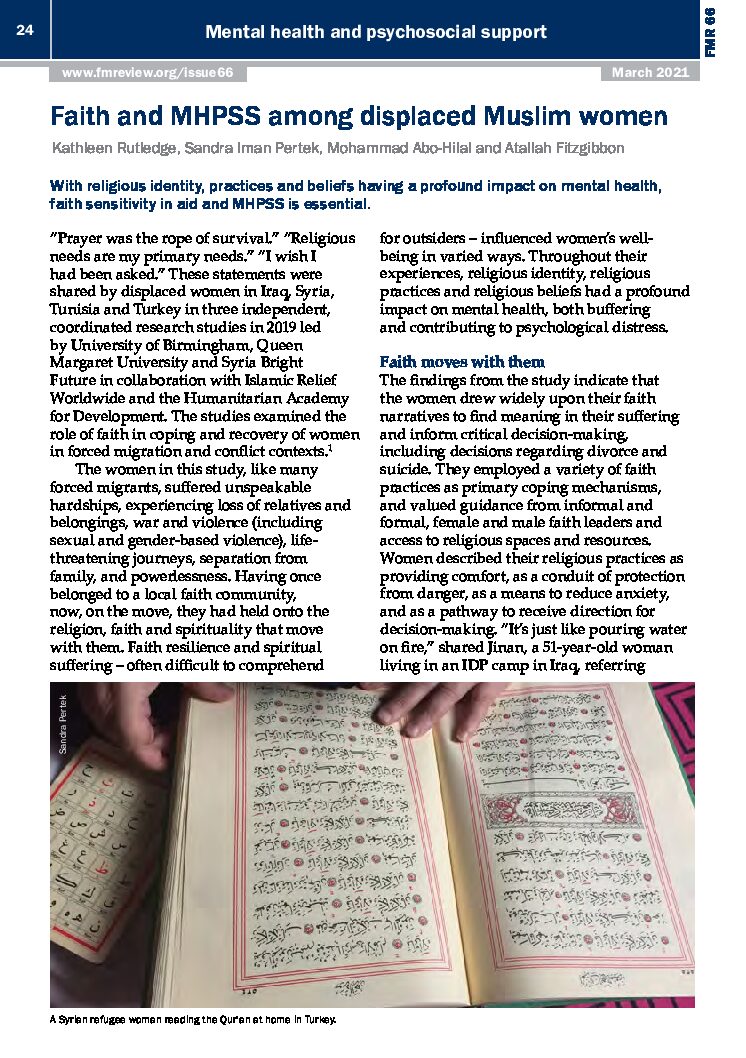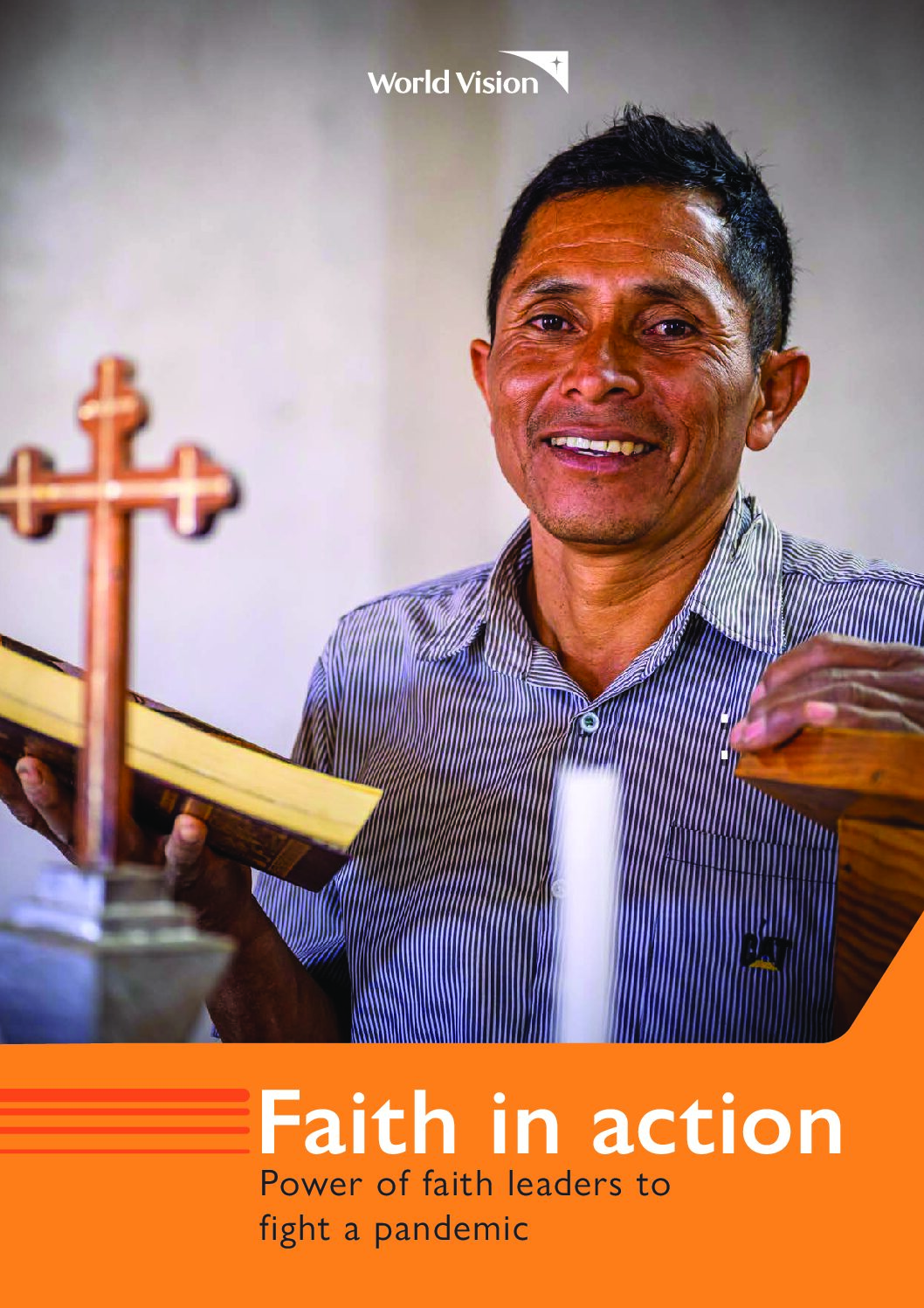Where North-South Falls Short: Tzi Chi and Internationalization
Naomi Fastovky
Harvard Divinity School ’23

This blog post is the fourth piece in a five-part series on Taiwanese Humanistic Buddhism, written by Naomi Fastovsky as part of her Religion and Public Life Capstone Project at Harvard Divinity School, co-supervised by JLI. Read the first blog here. The second blog, on the Taiwanese Buddhist organization, Foguangshan, can be found here. The third blog, on the Dharma Drum Mountain organization, can be found here.
Summary: This blog post revisits the Humanitarian Buddhist organization, Tzu Chi, seeking to situate it in the material of the previous blogs while also asking new questions like how we should think about international organizations like Tzu Chi in light of the recent drive to localize humanitarian work, usually framed in terms of North-South binaries.
We have already met the Humanitarian Buddhist organization Tzu Chi in the context of its founder, Cheng Yen’s, encounter with the three Catholic nuns. Revisiting this anecdote after situating ourselves more firmly in the history of Humanistic Buddhism and its defensive position vis à vis Western imperialism and missionary Christianity, we can see the assumptions at play: religion’s duty to serve society; the detached, unorganized Buddhist; a neither neutral nor impartial idea of “doing good.” Despite the thought-provoking nature of Tzu Chi’s self-declared raison d’être, this exercise in critical thinking is not intended to undermine its existence, work, or achievements, for, like Foguangshan and Dharma Drum, it is a rich bed of exciting activity at the intersection of Humanistic Buddhism and humanitarian work.
Yet, Cheng Yen, as opposed to her counterparts Hsing Yun and Sheng Yen, is Taiwanese born and did not enter a monastery at a young age. Born in 1937 Japanese-occupied Qingshui, Taiwan, Cheng Yen embraced Buddhism after the sudden death of her father in 1960. After a fortuitous 1963 meeting, Cheng Yen was ordained by Yin Shun (印順1906-2005), one of the most prominent Humanistic Buddhists alongside his teacher, Tai Xu, who had an enormous influence on the movement, including on Hsing Yun and Sheng Yen.
After her ordination, Cheng Yen established a small monastery today called the Abode of Still Thoughts (Jingsi tang 靜思堂) in Hualien Taiwan, distinguishing itself as a self-sufficient monastic community encouraging followers to reorient their donations to society at large through Tzu Chi rather than the monastic community. Today, while the Abode of Still Thoughts remains self-sufficient in Taiwan, Tzu Chi stands out for its status as a global network of self-guided lay practitioners with few monastic interventions. Officially dividing their work into the categories of disaster relief, charity, medical, and education, Tzu Chi also works on the UN ECOSOC. In particular, the group carves a space for itself in its work in environmentalism as well as its significant presence in the medical space with six hospitals and a large bone marrow bank.
Tzu Chi’s internationalization adds an additional layer to our discussion of Humanistic Buddhism and the humanitarian sector, particularly in light of the sector’s recent effort to decolonize through localization. Convincing arguments have been made connecting the history humanitarian aid and the perpetuation of colonial inequalities, but such arguments and their decolonial solutions are usually premised on concepts of a global North and South. Not included in the global North and yet still part and parcel of the same international intervention trap plaguing the sector, Tzu Chi defies these categories. We are forced, then, to ask, how can we nuance decolonial frameworks to sufficiently account for or hold accountable humanitarian groups that do not fit into North-South binaries?
Further Reading
Bingenheimer, Marcus. “Writing History of Buddhist Thought in the Twentieth Century: Yinshun (1906-2005) in the Context of Chinese Buddhist Historiography.” Journal of Global Buddhism 10 (2009): 255–90.
Buddhist Compassion Relief Tzu Chi Foundation (Fojiao ciji jijinhui jiadong fenhui 佛教慈濟基金會加東分會). “Biography of Dharma Master Cheng Yen.” Accessed April 12, 2023. http://www.tzuchieast.ca/ .
Cheng Yen. “In Memory of My Master: A Mentor for All Buddhists.” Tzu Chi USA, 2005. https://tzuchi.us/in-memory-of-my-master-a-mentor-for-all-buddhists.
Deaton, Angus. “How to Help Those Left Behind.” In The Great Escape: Health, Wealth, and the Origins of Inequality, 267–324. Princeton, NJ: Princeton University Press, 2013.
Joint Learning Initiative on Faith and Local Communities. “Fair & Equitable Approach,” March 28, 2022. https://jliflc.com/fair-equitable-initiative/, https://jliflc.com/fair-equitable-initiative/.
Lee, Chengpang, and Ling Han. “Becoming INGO: A Case Study on Taiwan’s Tzu-Chi in the United States.” Voluntas (Manchester, England) 31, no. 6 (2020): 1201–11.
Madsen, Richard. Democracy’s Dharma: Religious Renaissance and Political Development in Taiwan. Berkeley: University of California Press, 2007.
Omer, Atalia. “Decolonizing Religion and the Practice of Peace: Two Case Studies from the Postcolonial World.” Critical Research on Religion 8, no. 3 (2020): 1–24.
Pittman, Don Alvin. Toward a Modern Chinese Buddhism: Taixu’s Reforms. Honolulu: University of Hawai’i Press, 2001.
Reinke, Jens. Mapping Modern Mahayana: Chinese Buddhism and Migration in the Age of Global Modernity. Mapping Modern Mahayana. De Gruyter Oldenbourg, 2021.
Tzu Chi USA. “Global Partnership Affairs Department (GPAD).” Accessed April 17, 2023. https://tzuchi.us/what-we-do/gpad.
Tzu Chi USA. “What We Do.” Accessed April 17, 2023. https://tzuchi.us/what-we-do.




0 Comments